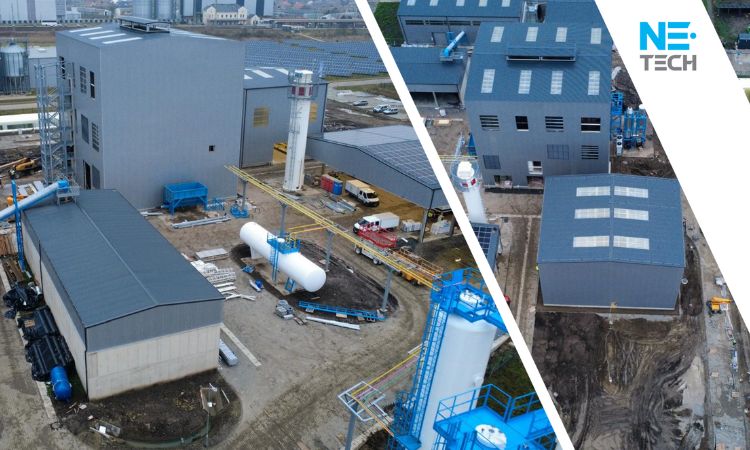Bridgestone teamed up with University of Arizona to turn guayule shrub into rubber
Researchers from the University of Arizona are collaborating with Bridgestone Americas Inc. to develop a sustainable and resilient variety of natural rubber. The project focuses on guayule, a perennial shrub that can be grown in the arid conditions of the U.S. Southwest.
The five-year, $70 million project, with $35 million funding from the U.S. Department of Agriculture and an equal match from Bridgestone, aims to transition growers from traditional crops to guayule. Partners in the project include the Colorado River Indian Tribes, Colorado State University, regional growers, and OpenET, a public-private partnership for responsible water management. Bridgestone has been working with guayule since 2012 and plans to expand its farm in Eloy to 20,000 acres, with a long-term goal of cultivating guayule on around 100,000 acres across the Southwest.
The project addresses the risks associated with the current reliance on a single source of natural rubber, the para rubber tree grown in Southeast Asia. By diversifying the sources of rubber, the supply chain becomes more reliable, reducing vulnerability to disease, increasing resilience to market fluctuations, and mitigating geopolitical risks. Guayule has been considered as a rubber-producing plant for decades, and its quick maturity of just two years makes it a promising alternative.
The University of Arizona sees this project as an embodiment of its mission to find research-based solutions with global impact. Bridgestone has already introduced Firestone racing tires that incorporate guayule rubber, and they have been used in IndyCar races. The partnership between the university, Bridgestone, and the USDA aims to bring sustainable tires to the market, reducing reliance on traditional rubber sources and promoting a more resilient and environmentally friendly approach.
Source: University of Arizona.
Weibold is an international consulting company specializing exclusively in end-of-life tire recycling and pyrolysis. Since 1999, we have helped companies grow and build profitable businesses.









